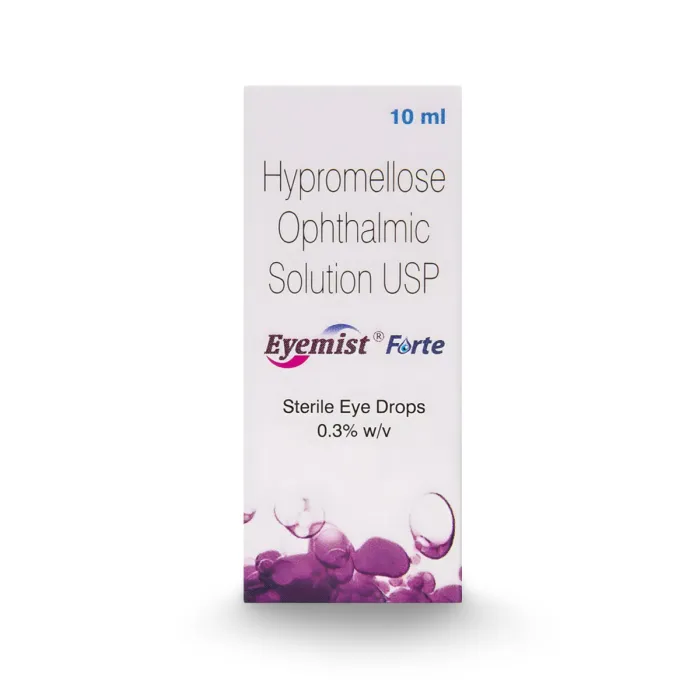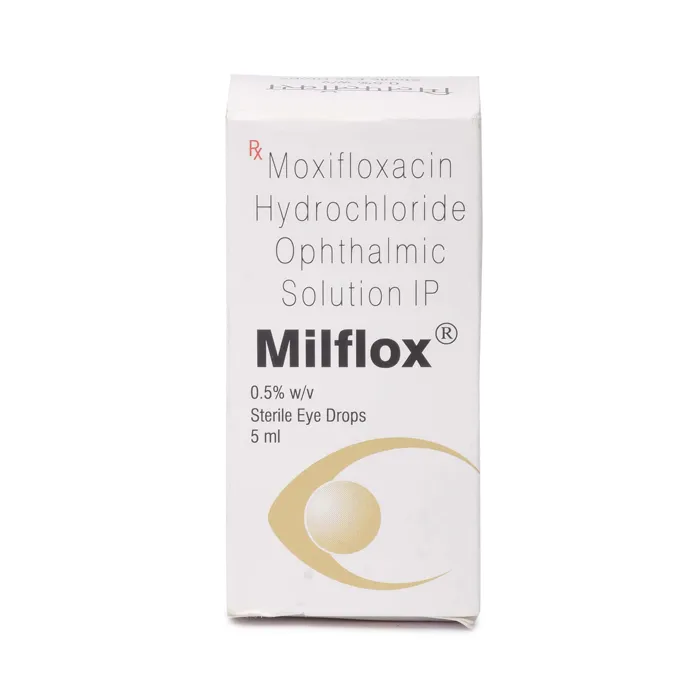Herpes Keratitis is one of the most common causes of corneal blindness in the US.
It is an eye condition that leads to inflammation of the outer covering of the eyes called cornea.
But the good news is that vision loss due to Herpes Keratitis can be prevented with proper medical care.
It is important to learn about this serious eye infection in detail to seek the appropriate treatment.
Let us proceed with this article to learn about Herpes Keratitis, its symptoms, causes, and treatments.
Symptoms of Herpes Keratitis
Initially, Herpes Keratitis symptoms may be unobservable or mild.
However, as the virus spreads, you may observe common eye infection symptoms such as:
- Red eyes
- Rash
- Watery eyes
- Blurry vision
- Eye Pain
- Eye discharge
- Sensitivity to light
Besides these symptoms, many other symptoms may show in the body, such as:
- Blisters
- Fever
- Body ache
- Sore throat
If the infection enters into the deeper layers of the cornea, it may lead to corneal scarring and loss of vision.
Therefore, timely treatment of Herpes Keratitis is necessary.
Save up to 90% on your medicine bills

Eyemist Forte 10 ml

Milflox 0.5% 5 ml

Restasis 0.05% Ophthalmic Emulsion

Pred Forte 10 ml
Cause of Herpes Keratitis
 Source: nortonrsx from Getty Images
Source: nortonrsx from Getty ImagesHerpes Keratitis is a type of Keratitis caused by Herpes Simplex Virus (HSV).
Generally, eye infections due to HSV occur after other parts of the body (such as the mouth or lips) are already affected by the virus.
HSV is a double-stranded virus that can easily spread through direct physical contact.
After the first contact, HSV remains in the body in an inactive state.
It may become active again due to triggers such as eye injuries, exposure to UV light, or weakened immune systems.
Upon entering the eye, it can cause severe damage to the cornea, potentially leading to corneal decompensation.
Therefore, it is important to seek Herpes Keratitis treatment from a licensed ophthalmologist.
Herpes Keratitis Treatment
There is no effective cure for Herpes Keratitis.
However, there are several treatment options, including medications that can help limit the infection and relieve certain symptoms.
Ophthalmologists generally prescribe antiviral medicines for the treatment of Herpetic Keratitis.
These include topical medications such as Trifluridine eye drops and Ganciclovir ophthalmic gels.
Besides these topical medications, certain oral medications such as Valacyclovir and Acyclovir may prevent the recurrence of Herpes Keratitis.
With proper treatment, symptoms typically begin to improve within 2-5 days and completely resolve in 2 weeks.
But if your symptoms worsen and do not get better while taking the medication, take immediate action and consult your doctor.
This may indicate epithelial toxicity or resistance to medication.
After diagnosing your condition, your doctor may suggest alternative treatment methods.
| Epithelial toxicity is when a chemical substance damages the epithelium, the cornea’s outermost layer. |
Prevention of Herpes Keratitis
 Source: FabrikaCR_from_Getty_Images
Source: FabrikaCR_from_Getty_ImagesSince Herpes Keratitis is contagious, it is important to follow certain measures to prevent its spread.
According to studies, wearing contact lenses is a major risk factor for HSV Keratitis.
Therefore, avoid sleeping in your contact lenses and follow proper hygiene while wearing them.
It is recommended to replace your contact lenses every 3-6 months.
Additionally, avoid touching your infected eye, and frequently wash your hands to prevent the spread of viruses to your eyes.
Conclusion
Herpes Keratitis, a type of Keratitis, is an eye condition caused by Herpes Simplex Virus that may potentially lead to blindness.
The common symptoms include redness, eye pain, blurry vision, eye discharge, and sensitivity to light.
Even though there is no cure for Herpes Keratitis, the symptoms can be managed by using antiviral medications such as Valacyclovir and Ganciclovir.
The treatment generally lasts for a few weeks but may vary according to the severity of the infection.
To reduce the risk of getting HSV Keratitis, practice proper hand hygiene and avoid touching your eyes with untouched hands.
Avoid sleeping in your contact lenses, and maintain good hygiene when wearing them.
Additionally, contact your doctor immediately if you observe side effects or worsening of symptoms due to the medications.
They may prescribe alternative medications for your Herpes Keratitis.

Frequently Asked Questions
How do you get Herpes Simplex Keratitis?
Herpes Simplex Keratitis is caused by a virus known as Herpes Simplex Virus. You may catch this virus through direct contact with infected individuals.
Once contacted, the virus may stay in the body and get reactivated again due to certain triggers such as eye injuries or weaker immune systems.
See our Recommendations
How to treat Herpes Keratitis?
Herpes Keratitis is generally treated using prescription antiviral medications such as Acyclovir, Valacyclovir, and Ganciclovir.
It is best to consult an eye doctor for the prescription of these medications.
See our Recommendations
What does Herpes Keratitis look like?
Herpes Keratitis is often visible as a swollen cornea or branching pattern of the cornea’s surface. Some individuals may also notice ulcers or spots on the cornea.
Consult an ophthalmologist for the exact diagnosis of your eye condition.
See our Recommendations
How do you diagnose Herpes Simplex Keratitis?
For the diagnosis of Herpes Keratitis, your doctor may look for visible symptoms such as corneal swelling, redness, and eye discharge. Other eye exams, such as slit-lamp tests, may also be used to diagnose the eye condition.
Contact a licensed eye doctor for an effective diagnosis of Herpes Keratitis.
See our Recommendations
Is Herpes Keratitis common?
No, Herpes Keratitis is a relatively rare condition. However, the prevalence of Herpes Keratitis may vary according to the specific location and population of a region.
See our Recommendations
How long does Herpes Keratitis last?
Generally, Herpes Keratitis may last a few weeks to over a month. However, the exact duration of the infection varies for individuals depending on the severity of the condition, medical history, and the treatment received.
See our Recommendations
Cheap Medicine Shop only refers to credible, authoritative sources for our content. If you’re curious about how we ensure the integrity of our content, we encourage you to read our Content Information Policy.














